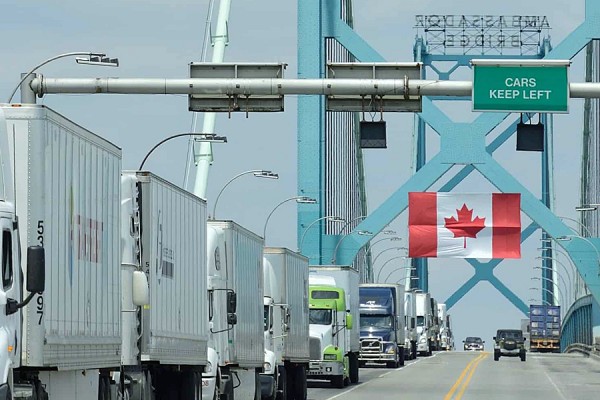 Closing off Canada’s borders undermines Canadian values, say researchers from the University of Windsor.
Closing off Canada’s borders undermines Canadian values, say researchers from the University of Windsor.
Although Canada was late among nations in closing its borders to non-citizens, it was still a surprising move, say two UWindsor researchers.
In an article published March 18 in the Conversation, which shares news and views from the academic and research community, sociology professor Natalie Delia Deckard and master’s candidate Dara Vosoughi note that the World Health Organization has pointed out that travel restrictions not only divert resources from containment effort, but have real human costs in themselves.
“COVID-19 is a medical challenge, certainly,” the article states. “It is also a social and political event whose cause, trajectory, and long-term ramifications say more about our institutions than about the illness.”
Dr. Deckard and Vosoughi argue that protecting vulnerable people aligns with Canadian principles of dignity and inclusion. Moving to restrict migration betrays those principles.
“Rather than uniting across national lines to confront a common threat, we are shutting out the world in response to a threat more conveniently cast as external and foreign.
“After the pandemic, Canada will need to reconcile the inclusive image we worked to construct with the reality of our closed borders.”
Read the entire piece, “Coronavirus: Canada-U.S. border closure, other travel restrictions undermine our values,” in the Conversation.
